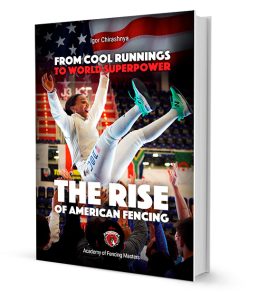Starting fencing as an adult or even as a senior citizen opens up a world of possibilities, but it also comes with its own set of considerations. While this blog primarily focuses on youth fencing and parenting topics, recent requests from adult and senior fencers...












